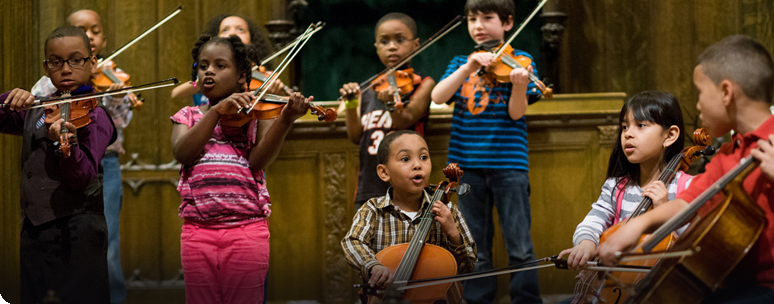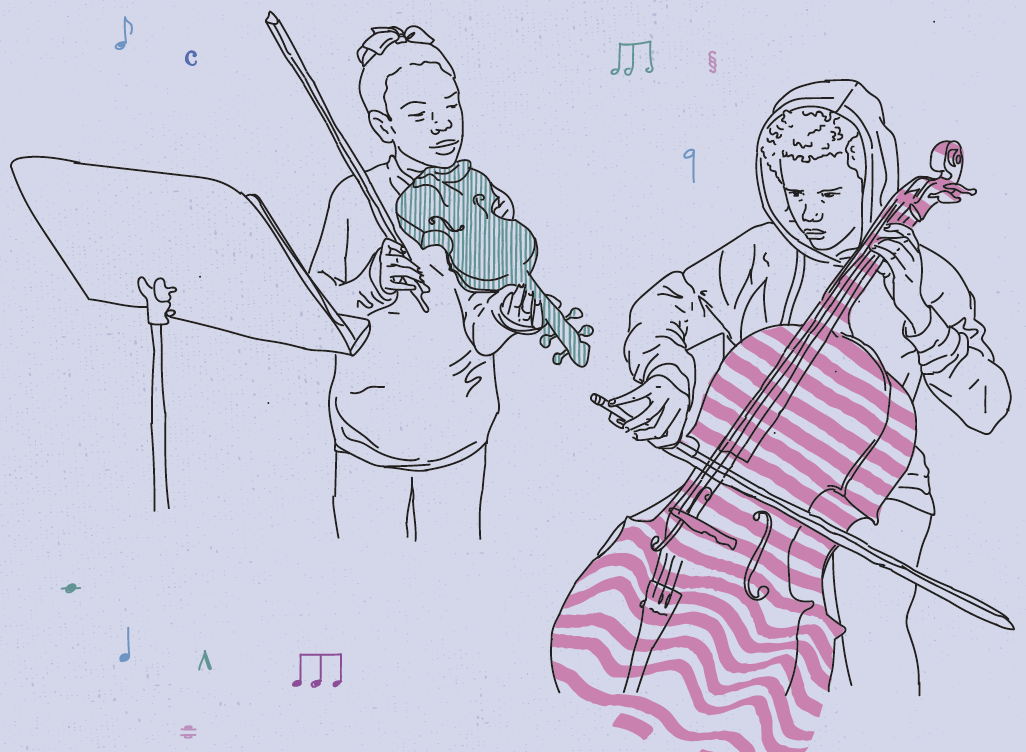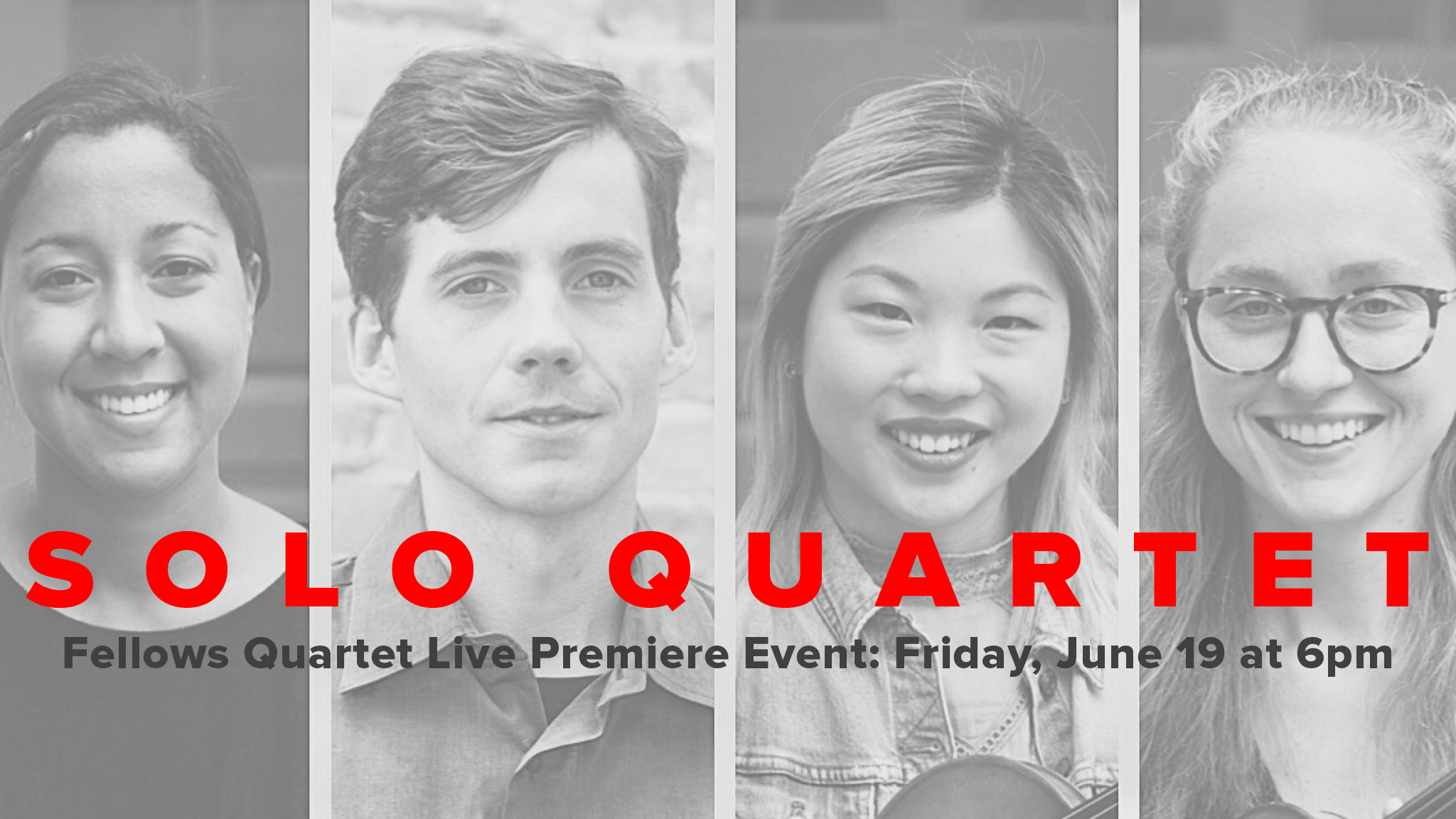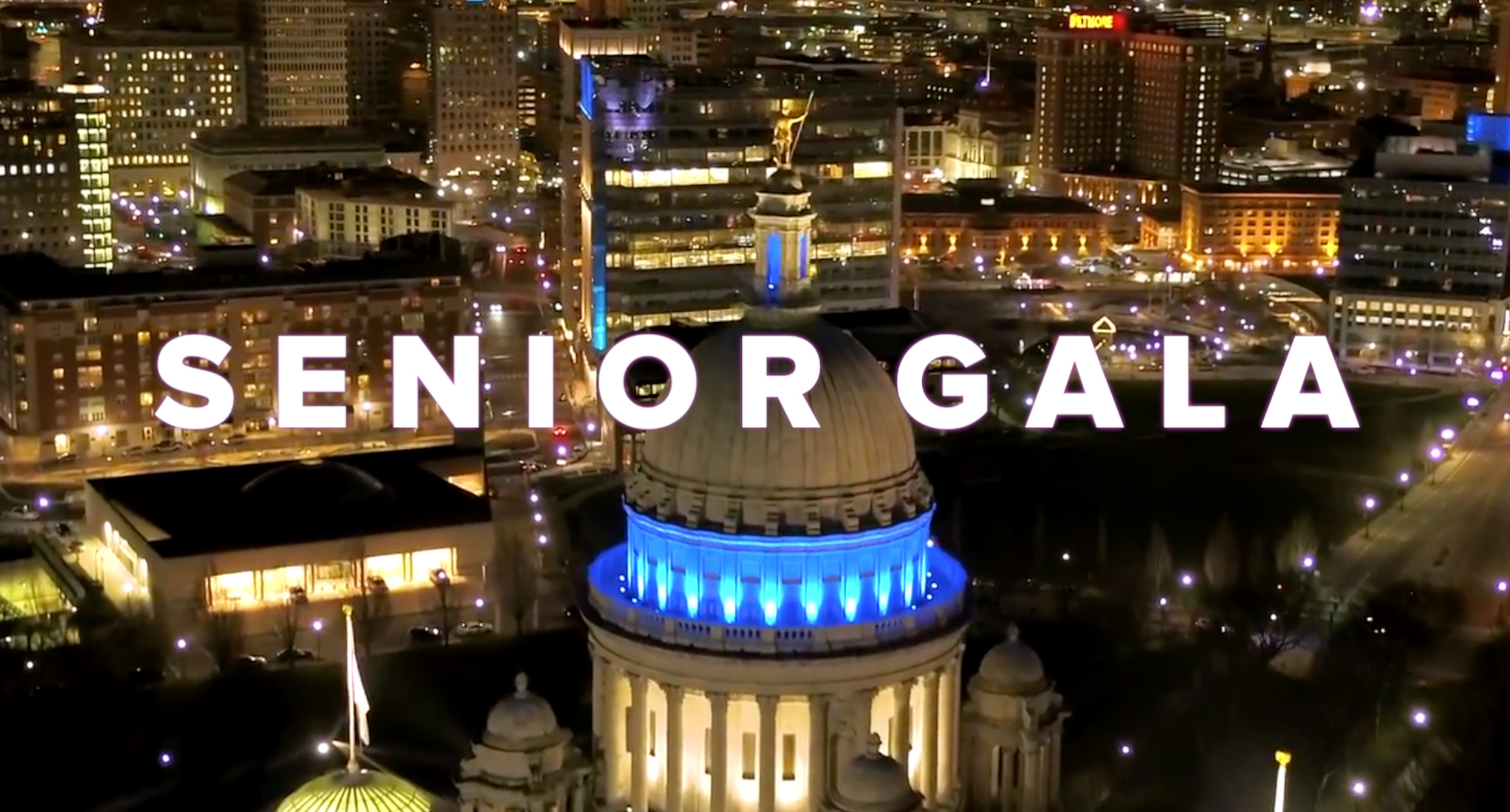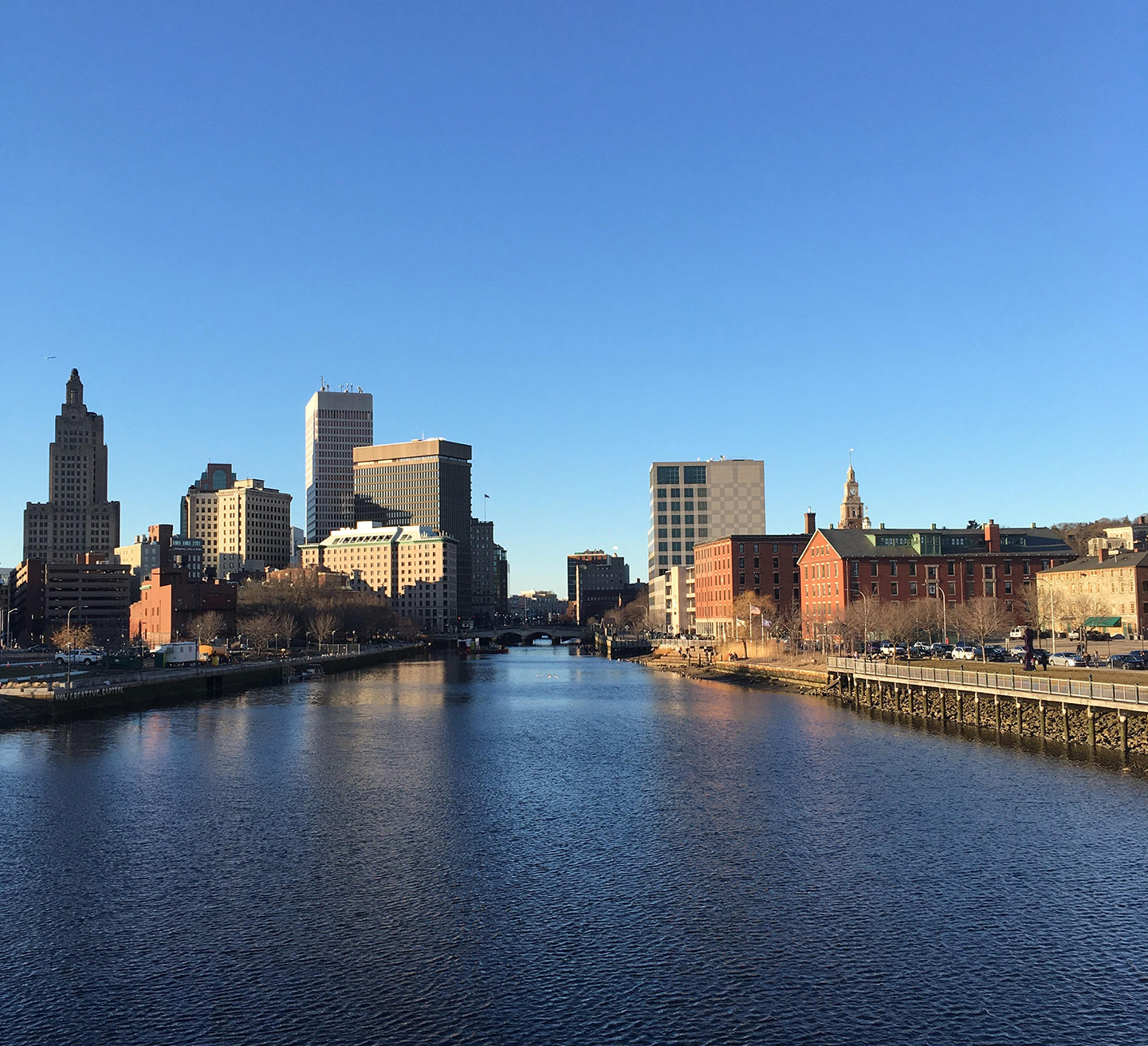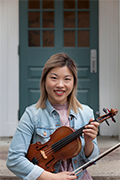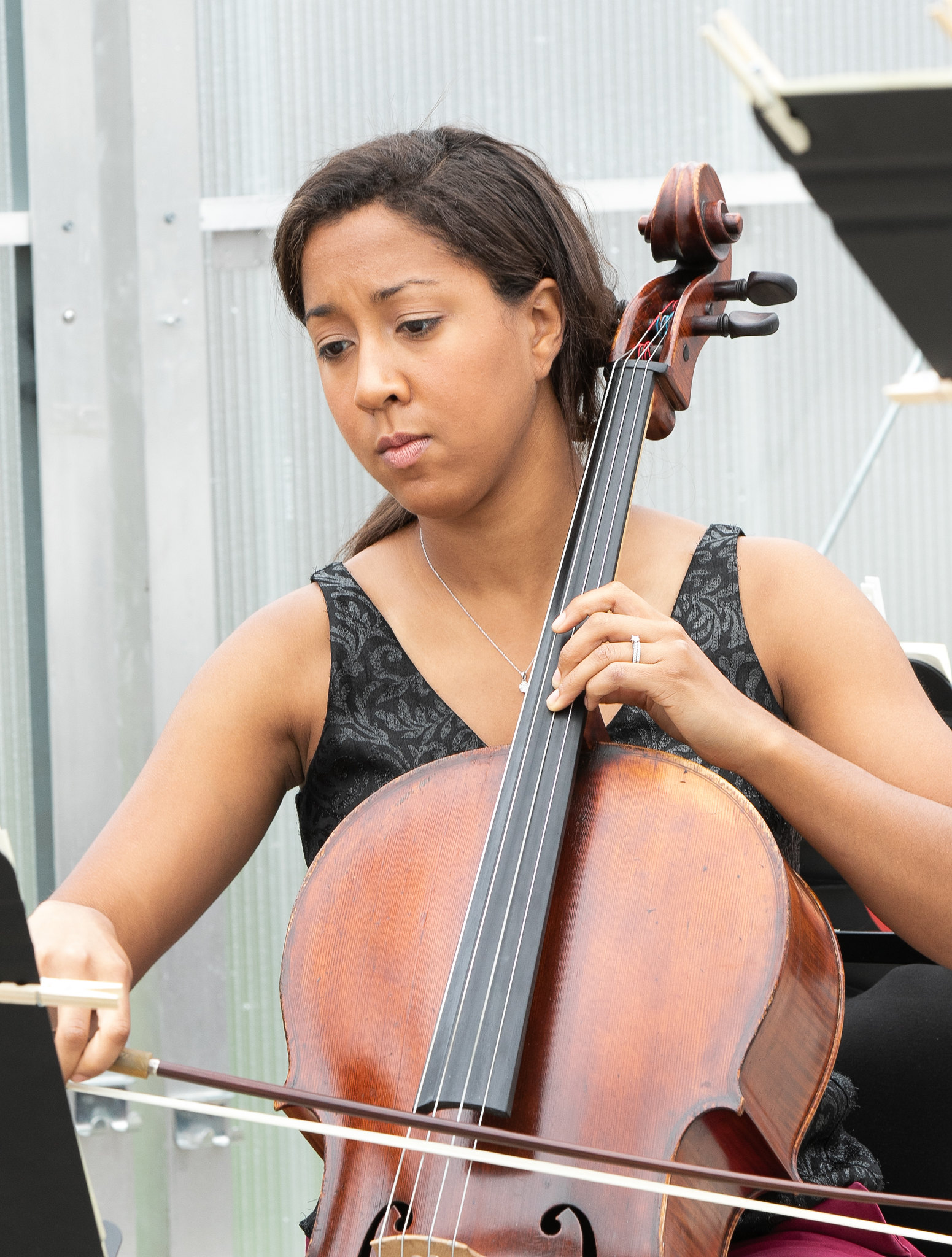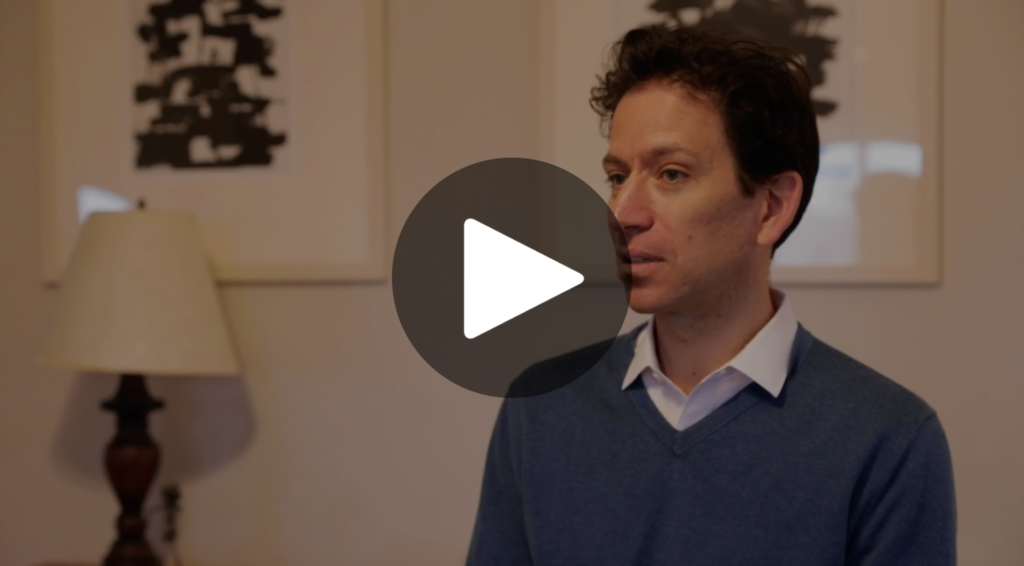The Lewis Prize for Music, which supports the work of Creative Youth Development, invited each of the 2020 “Accelerator Awardees” to compose essays on responsive and collaborative leadership. CMW’s Founder & Artistic Director Sebastian Ruth contributed this piece on our organization’s evolving equity-focused work.
I started Community MusicWorks informed by experiences I had growing up in an alternative public high school that based itself on the educational ideas of Paolo Freire, among others. Freire’s Pedagogy of the Oppressed was published just a few years before the school’s founding in the mid-1970s, and many of his ideas were central in the school philosophy– young people guiding their own learning, a democratic school governance where students carried significant leadership roles, and a curriculum that followed events of the day. I also had had experiences at Kinhaven, a summer music school in Vermont that fostered an environment for high school aged students to form deep bonds in a loving community surrounding the study of music.
The project of Community MusicWorks was to establish a musician residency in an urban community and to create musical spaces that could be a home for professional and youth musicians alike to grow in a musical community animated by values of love, self-guided learning, and social justice.
We have often defined our work as existing at an intersection of social justice practice and musical practice.
Guided by Freire and other philosophers, we have sought to combine the seemingly unlike fields of liberatory education and string music education. Despite this commitment from our founding, we have come to understand over the past several years that we need a deeper understanding about what social justice and specifically anti-racist praxis truly means across our organization—what is the evolving, dynamic understanding of justice in the organization that will inform and be informed by our actions?
A discussion two years ago focused on the most effective way forward: would it be most effective to focus first on setting policies and measurable goals, or to focus on learning at the individual and spiritual levels?
We decided the latter was the most effective way forward. Until every member of our organization is fully invested in their own learning of the histories of racism and its ramifications, of the oppressive truths of our present reality, of our own biases; and the unlearning of habitual patterns, assumptions, and adherence to the status quo, policies and new procedures won’t get us far enough. We have felt that as each person goes deeper into her/his own learning, decisions we make as an organization will be informed by an increasingly clear vision of what active anti-racist praxis can be—a constant interplay of learning and action where each informs the other.
This choice is one my colleague Ashley Frith, Director of Racial Equity and Belonging, advocated for. It is also consistent with Freire, who cautions against actions that attempt to undo oppressive conditions and only serve to re-inscribe the very patterns we’re looking to break because they don’t get at the root of the oppressions in ourselves.
The forces of structural racism are so deeply entwined with our country’s history, and white dominant culture so pervasive that it can sometimes feel that there’s no hope of making positive change as individuals, as a small organization, or even as a committed community of like-minded organizers across the country. That said, activist Grace Lee Boggs and others remind us that the patterns we set in our very local communities may be the most potent and promising actions we can take.
CMW’S EQUITY-FOCUSED WORK TODAY
Leadership and equity work at CMW has meant committing to a process of learning, with humility, on an ongoing basis.
The systems in which we work are all part of the problem, and there is no stepping outside these systems to solve problems. I think of it as swimming in polluted water: while you’re swimming you may be too close to the water to recognize how unhealthy it is to be there. Therefore we need to evaluate, analyze, reflect on an ongoing basis, and be willing to make significant changes. It’s about how we move through the world, it’s about how we examine decisions, relationships, repertoire choices, pedagogy. And from a place of increasing awareness, conversations become proactive and productive, instead of defensive and stuck.
We are now deepening our understanding of equity, diversity, and belonging through: 1) a social justice/equity task force; 2) a monthly seminar to support ongoing learning among our staff; 3) a new staff role (mentioned above), the Director of Racial Equity and Belonging, which will facilitate learning across the organization and across the MusicWorks Network of organizations; 4) a weekly reading for staff, board, and the Network focused on the societal oppressions that affect so much of our work; and 5) a weekly discussion hour, sometimes in racial affinity groups, to support our continued learning and dialogue.
Overall, we have come to understand that equity work is ongoing work. Just as Freire describes an educational practice that needs to adapt and change as the world changes, so organizational practice needs to be constantly attuned to a growing understanding of the systemic oppressions affecting people’s lives.
EVOLVING OUR YOUTH PROGRAMS
As we think about students who move through CMW’s programs, we have been focused on how students gradually add skills of artistic citizenship at age-appropriate levels along the way. The hope is that young people increasingly see their musicianship as a pathway to greater agency and participation in their communities through music.
For a six-year-old entering the programs, this may mean that in their lesson they are doing technique-building exercises alongside short interviews with their teacher in which they are considering what fairness means to them related to current events. When they’re ten or eleven, artistic citizenship may mean participation in a group discussion with their ensemble peers about a current event, and what they are learning about it from school, home, or from peers. And at age sixteen, students may be working with peers in the Phase II program to consider how they can use their voices as young artists to make a significant contribution to discourse in the city.
A growing thread in our work involves reimagining the ways students engage with the music they learn, including with pieces we all play together around social justice themes. A few years ago, the whole student body learned and wrote new lyrics to the protest anthem We Shall Overcome. Studying the history of the song, we learned that people in different struggles have contributed lyrics specific to their times. Inviting CMW students to dig in and reflect on the question of overcoming in their communities animated the experience of learning that song in new ways. That sparked an annual tradition of choosing a song for us all to engage in, and also sparked a new class theme of students writing their own music as part of the experience of learning violin, viola, or cello.
Every spring when teens in our Phase II program create and host the annual “Youth Salon” I am filled with a sense of hope and excitement for a youth-led future in our programs and our city. Seeing young people tackle complex contemporary challenges and creatively weave their musical voices into an event of dialogue, performance, and interaction affirms the belief that a liberated future starts with the wisdom of young people.
More broadly, I think a liberated future grows out of the proliferation of youth arts spaces like CMW, which nurture in young people a sense of belonging, and where young people grow to expect their voice and leadership to effect change in both their local communities and in civic spaces across our society.
The path to social justice practice, anti-racist practice, and equity in our organization is an ongoing project without a singular destination. We know that considering young people’s lives, our work cannot proceed on their behalf without a deep commitment from all adults in the organization to be learners, and to be understanding of the implications and roots of our work. No project of equitable practice situates that work only in young people and their outcomes. The whole project takes on its significance when everyone is on a journey of awareness and change.
— Sebastian Ruth
Founder & Artistic Director
Learn more about the Lewis Prize for Music and read essays by Accelerator Awardees Ian Mouser and Brandon Steppe here: www.thelewisprize.org
Illustration by Cesali Morales
